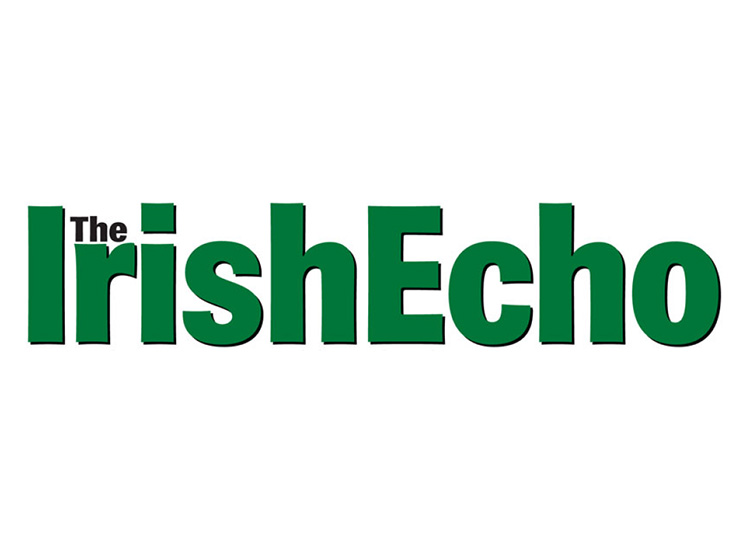BeckyHitchcock 20140728_185731

By Máirtín Ó Muilleoir
Maine Irish prove that blood is thicker than water with DNA research
A pioneering Irish American Maine group is encouraging its members to turn the other cheek in order to explore their Irish roots.
For in one of Irish America's most ambitious heritage projects, mouth scrapings containing the DNA — the unique genetic code of all humans — have now been collected from over 200 members of the Maine Irish Heritage Center.
Billed the Maine Gaeltacht program, the initiative has helped trace relatives of many of the Centre's members both in Maine and in the Conamara Gaeltacht in Co Galway, once home to the majority of the Pine Tree State Irish, and has helped adoptees identify their birth parents.
"We have made fantastic strides in a short time," says project facilitator Margaret Feeney LaCombe who is heading up the DNA research — and has spent the past 20 years digging up her own past! "We strongly feel that this project is of significant importance to the Irish community both in the United States and in our native Ireland. Researching Irish roots can prove to be very frustrating due to so many records having been destroyed. The genealogy team at the Maine Irish Heritage Centre began the DNA project with the simple goal of helping us to connect with living relatives that we were unable to locate using the old fashioned paper trail. We are overwhelmed with the progress we have made."
Based in the former St Dominic's Catholic Church in the West End of Portland, Maine — once a solidly Irish area of the city — the Maine Irish Heritage Centre was taken over by the Irish community in 2003 and re-opened in 2008 as the epicentre of all things Irish in a state where one in six trace their roots back to the Emerald Isle. Arguably, the most beautiful Irish American centre in the country, the preserved St Dominic's Church is now home to regular Irish events as well as the groundbreaking DNA project.
"Our Library and Genealogy Center is proud to house over 2,000 volumes devoted to Irish genealogy, history, art, literature and language," says Feeney LaCombe. "Our volunteer genealogists have assisted people with researching their roots since the Center was opened in 2003.To further the study we travel to Ireland each year to gather targeted DNA within the confines of County Galway. In this way, we are able to connect the Maine Irish with the Irish who remain in Galway."
Using $99 swab kits to collect DNA samples from inside the cheek, the Maine Irish Heritage Center has now fed the DNA of over 200 members into the Maine Gaeltacht project database with the world's largest DNA genealogy site Family Tree DNA. The results can help families in Ireland trace long-lost relatives whose ancestors travelled to the US and help the Maine Irish identify their own family connections.
Adds project co-ordinator Deb Gellerson: "Each year, our members return to Ireland to collect more samples in the Conamara Gaeltacht. Our volunteers have tromped through fields in Ireland collecting DNA samples from farmers and sheep herders. They take the test willingly, feeling proud that they are able to be part of gluing together the bond that binds us all. They have shared with us that they are glad that we are preserving their heritage and they thank us for being proud to be Irish."
Readers can find out more about the Maine Irish Heritage Center and the Maine Gaeltacht genealogy project, at www.maineirish.com.








